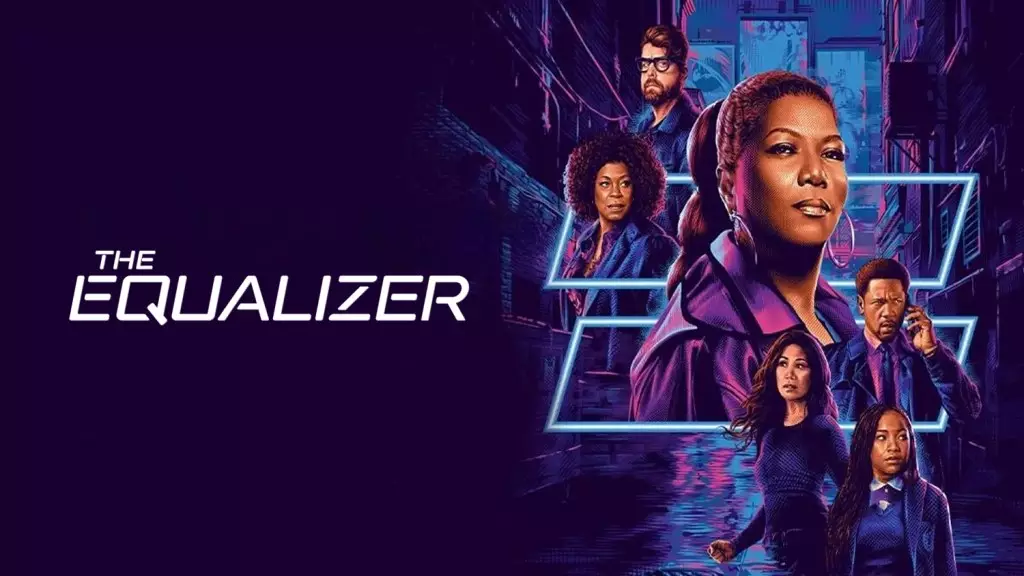The decision by CBS to cancel “The Equalizer” after five unforgettable seasons marks a poignant moment in the landscape of television dramas. Starring the incomparable Queen Latifah as Robyn McCall, the show not only provided gripping narratives but also broke significant ground by placing a Black woman at the helm of a primetime drama. Such representation matters, and the cancellation feels like a step backward in a time when diversity should be celebrated and furthered. The series was one of the last remaining scripted shows waiting for a fate announcement on the network’s upcoming schedule, heightening the anticipation that ultimately turned into disappointment for its devoted fan base.
One can’t overlook how this cancellation coincides with a broader trend we’re seeing across networks. The landscape of television is shifting, with increasing financial pressures causing a reckoning on the number of projects that survive the cut. Producers of “The Equalizer” reportedly made financial concessions to keep the show afloat, yet it was not enough to secure its renewal. This situation underscores a harsh reality for creators and fans alike: even quality programming can find itself on the chopping block due to budgetary constraints rather than narrative strength.
A Tidal Wave of Change at CBS
This season has been particularly brutal for CBS, which has seen an alarming number of its scripted series around the bubble line drop off the radar. The trend is not just about “The Equalizer”; it’s reflective of a network in turmoil as it navigates the shifting tides of viewer preferences and financial viability. Six scripted series were left in a limbo of uncertainty, emphasizing how fickle modern-day television can be. While “The Neighborhood” secured an eighth and final season, the other series—”FBI: Most Wanted,” “FBI: International,” “S.W.A.T.,” and “Poppa’s House”—alongside “The Equalizer” confirmed a disheartening trend: prioritizing financial sustainability over creative storytelling.
The recent wave of cancelations serves as a stark reminder that behind every viewer connection lies economic realities that often dictate the fate of beloved shows. As CBS moves forward with new series like the “Fire Country” spinoff and the anticipated “CIA,” it casts a shadow over cherished narratives that have contributed to the fabric of their programming. While new projects can inject fresh energy into the lineup, one wonders if sacrificing established shows is worth the risk, especially those that have cultivated loyal audiences.
The Legacy of Robyn McCall
Despite its unfortunate demise, “The Equalizer” will undoubtedly leave a legacy. A reimagining of the classic 1980s series, it breathed new life into familiar tropes while addressing modern societal issues. Queen Latifah’s portrayal of Robyn McCall was not just compelling; it was empowering. She used her skills as a former CIA operative to stand up for those who often find themselves powerless against systemic injustices. Each episode was a thrilling ride that brought clarity to complex moral dilemmas, and this aspect ensured that audiences would not merely be entertained but engaged on a deeper level.
The potential behind-the-scenes tensions rumored to plague the series are irrelevant when measured against its contributions to the narrative discourse surrounding justice and advocacy. The show unraveled layers of urgency, from exploitation to advocacy, allowing for a rich tapestry of stories that resonated with many viewers. And while creative teams often craft “what if” season finale scenarios, one can conclude that the emotional weight carried by “The Equalizer’s” last episode will linger far beyond its airtime.
A Missed Opportunity for Network Diversity
Canceling “The Equalizer” also represents a tangible loss in the diverse storytelling landscape of prime-time television. With so few shows led by strong female characters of color, the network is sending a troubling message: that profitability outweighs the need for representation. As consumers increasingly demand narratives that resonate with varied experiences and cultural backgrounds, the decision to ax a popular show headlined by an influential figure like Queen Latifah feels like a missed opportunity.
The potential to foster a more inclusive environment has been sidelined, demonstrating that the business of entertainment remains heavily skewed toward traditional norms. This raises pressing questions about whose stories are prioritized and what narratives are deemed worthy of being told—an issue that will remain at the forefront of industry conversations for years to come. With the cancellation of “The Equalizer,” we find ourselves grappling with not only a loss of a beloved program but also the ramifications of that loss on the broader media landscape, where such rich narratives are often the first to be sacrificed.

